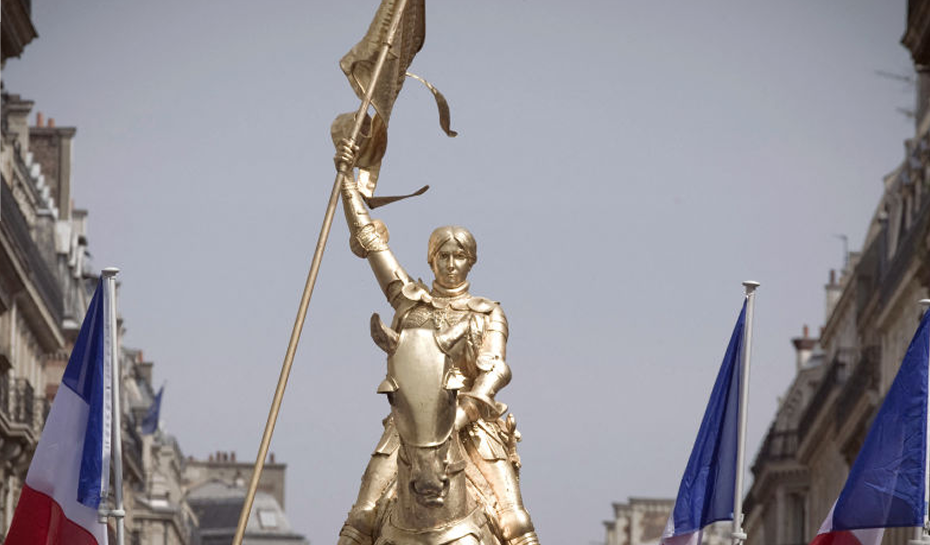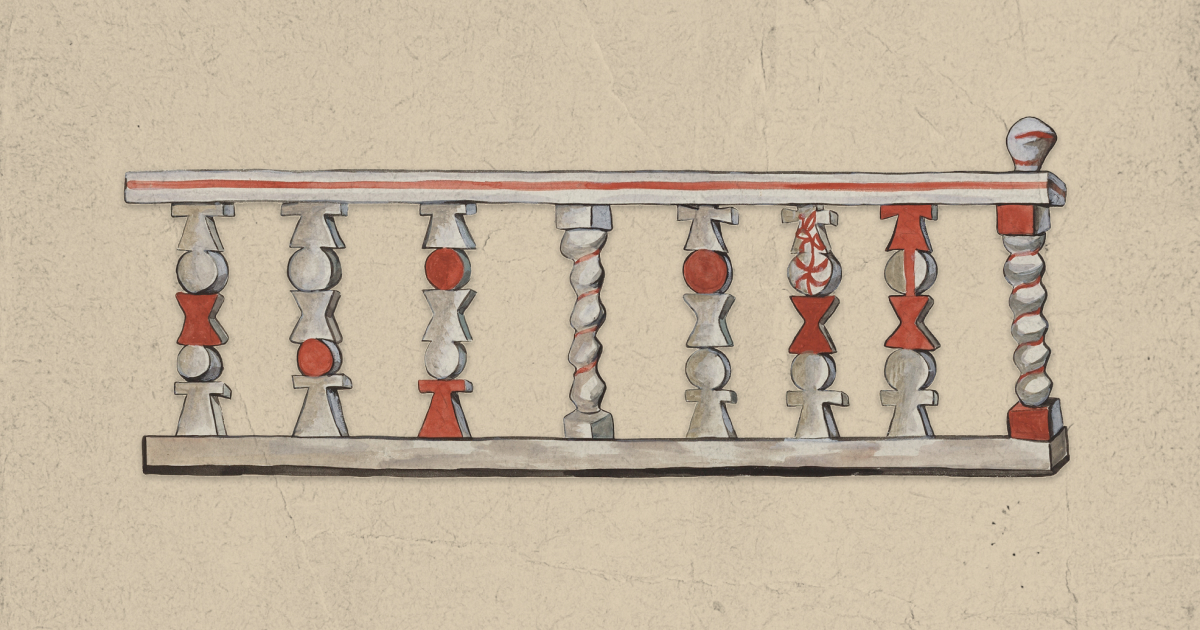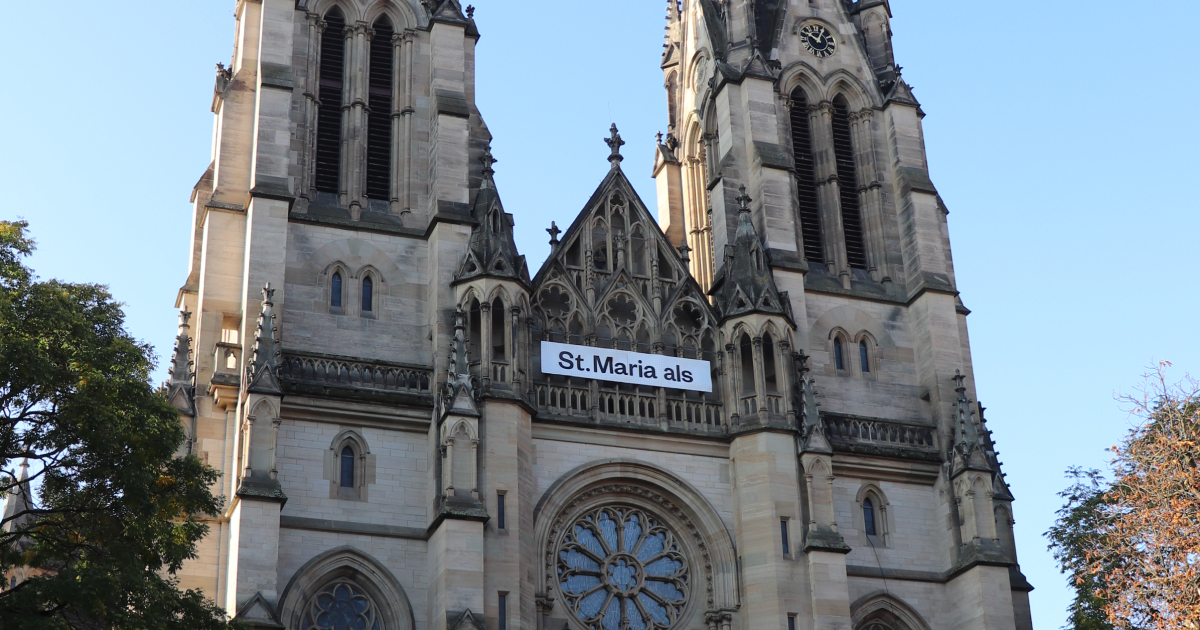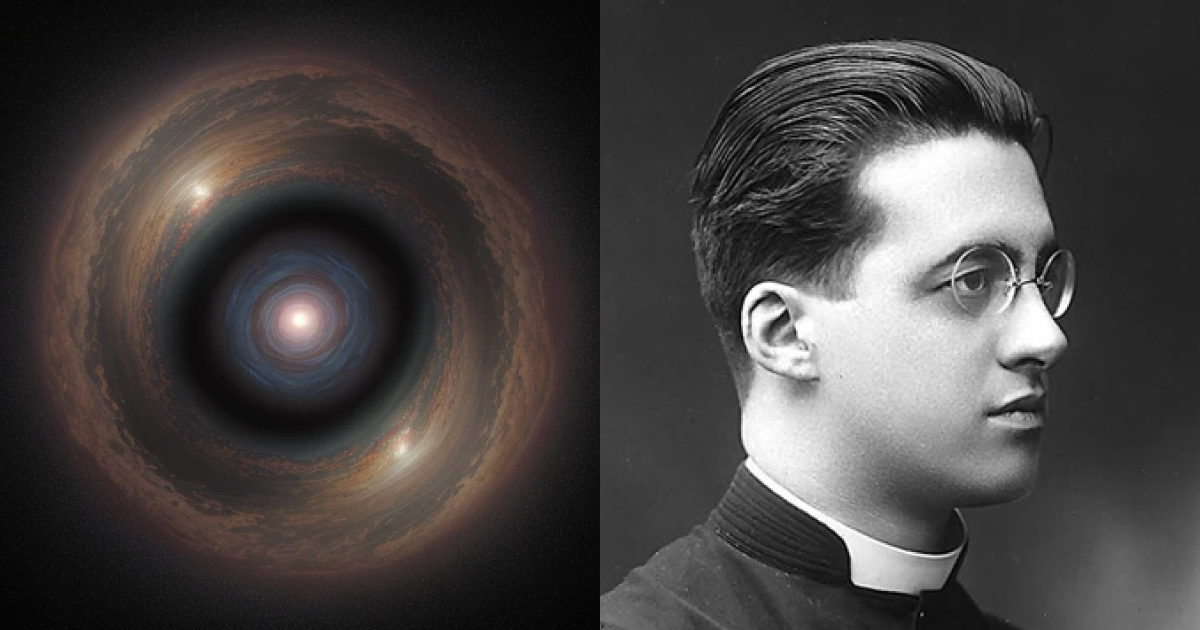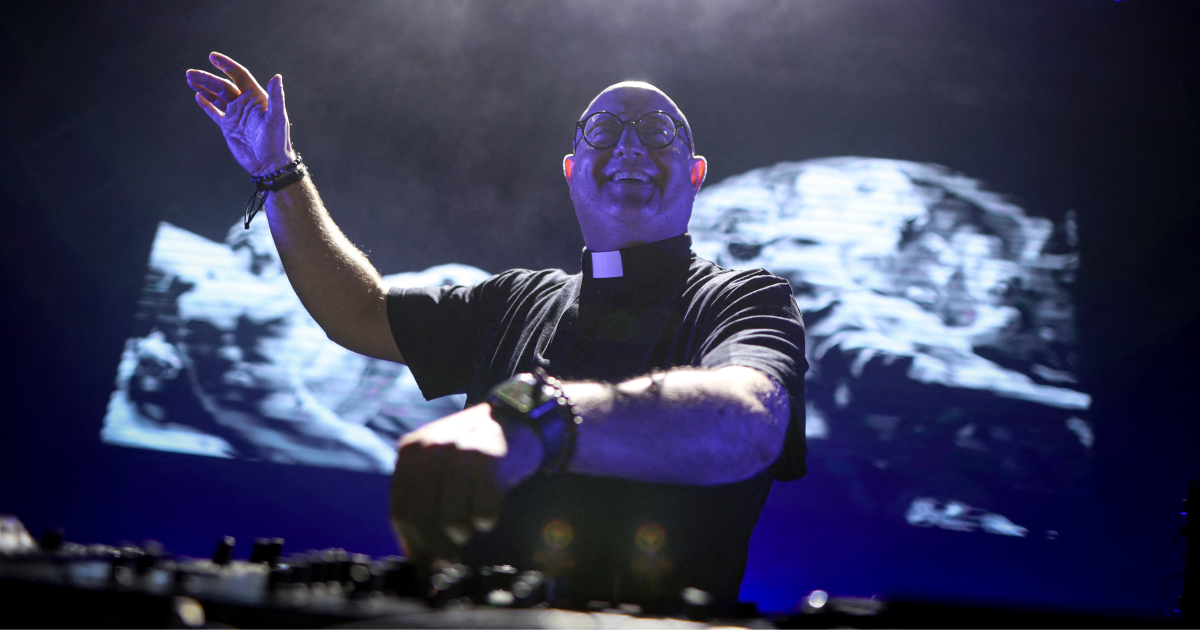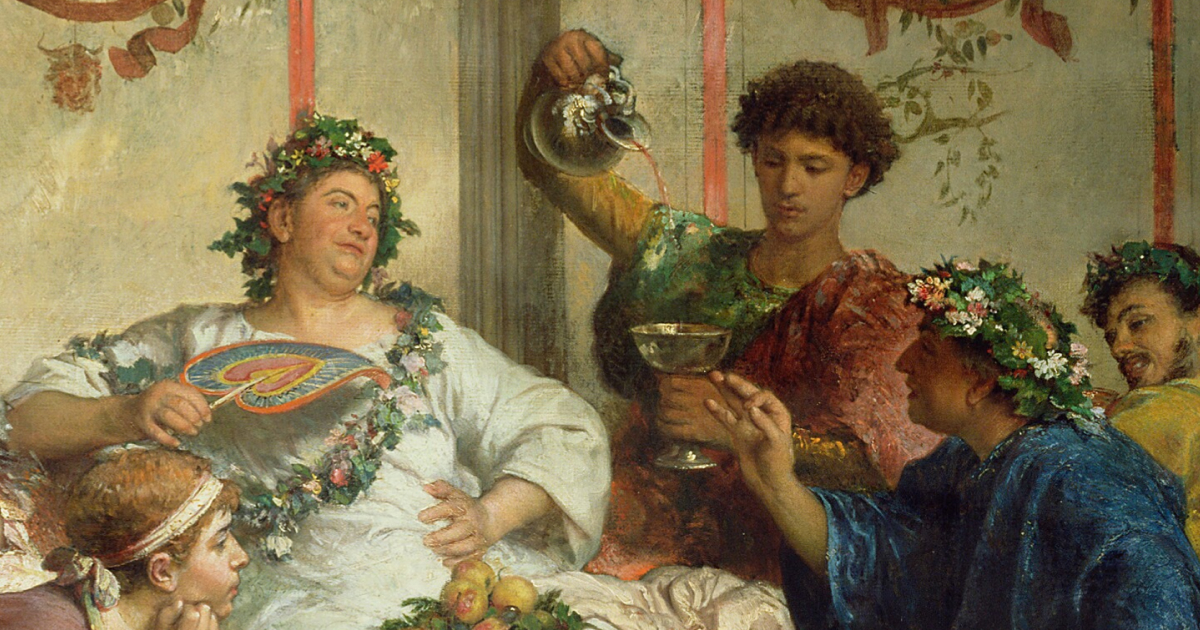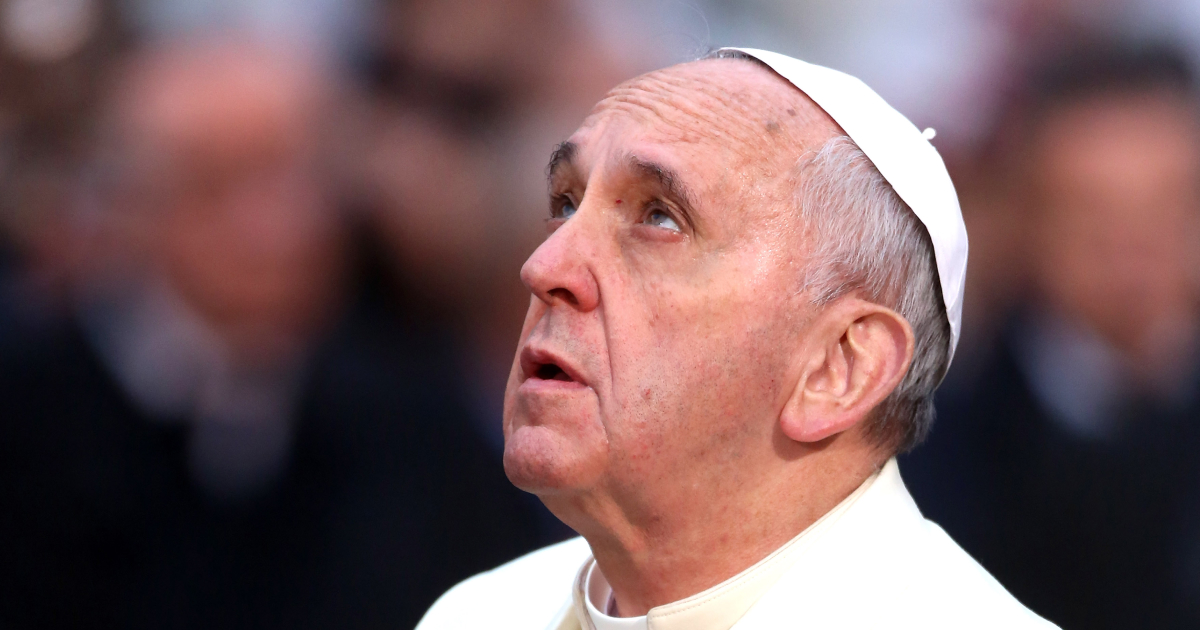Recently many people were gripped by the online spectacle of a teenage girl who was arrested in Dundee on 23 August for brandishing an axe and a knife. In the unsettling video, it appeared to be an act of self-defence. “Don’t touch my little sister, she is only twelve,” can be heard in the video.
If this was a political column we would want very much to know who the girl was? Whom exactly did the police arrest? And what was actually going on in the apparent confrontation with the foreign-sounding man filming the video?
Coverage by the likes of the BBC has not revealed much. It first reported that “Police issue misinformation warning over girl's weapons arrest”. This was then followed by the report that “Man and woman charged after girl's weapons arrest” (which actually raised more questions without answering them). Then no more.
But this is not a political column, so we are interested in different questions, ones that turn out to be more important.
The majority of people appear not as interested in who the girl was and is, as in who they want her to be; or in the role they have identified her as occupying. She has had to carry some powerful personas projected onto her by people and the media. “Braveheart 2.0”, or “True Queen of Scots” were prevalent. But also, and for our purposes more interestingly, the “Scottish Joan of Arc”.
Why Joan of Arc? Because people have a vague recollection of a teenage French girl who armed herself, and led her people against a foreign army. She became a saint.
But can we not call her Joan (because that makes her sound like a post-Edwardian aunt), rather call her Jeanne: St Jeanne D’Arc. It may be that while a memory of her lingers as a meme or an archetype in the historical memory, people don’t know how extraordinary St Jeanne was.
We have been so used to being “gaslit” by Freud and his school of thought that any talk of hearing voices places you immediately on a suspect list and in the potential category of the dangerously deranged.
But in Catholic history, the supernatural world breaks in all the time. It is commonplace. Encounters with saints and angels are in fact almost normative. The twentieth and twenty-first centuries don’t like it, but for Catholics it’s our culture and we understand it.
The incarnation took place when Mary heard a voice and then the presence of an angel. Jeanne had two encounters. One with a saint, St Margaret of Antioch, and the other with the Archangel Michael.
St Michael has been busy in Christian history. Apart from St. Jeanne, St Gregory the Great (in the 6th century) had a vision of him; as did St Aubert of Avranches (in the 8th) telling him to build the abbey of Mont St Michel. So did St Francis of Assisi, St Hildegard of Bingen, St Bridget of Sweden, Mary of Agreda (she of the wonderful Mexican bi-locations in the 17th century), St Padre Pio and Sr Lucia of Fatima.
And although Pope Leo XIII did not see St Michael, he directed our prayers towards him in an apprehension of heightened spiritual crisis in the Church. Each of these encounters offered a moment of serious engagement with the forces of heaven.
We live amongst people who too easily give way to the assumptions of secular suspicion. They carelessly imagine that the whole of the French establishment would allow themselves to be duped by a hysterical teenager subject to hallucinations. Charles VII insisted that she be vigourously examined by his fiercest intellectuals and clergy. Though they couldn’t identify anything spiritually wrong or psychologically amiss with her.
She offered a sign, as prophets are wont to do, that the siege of Orleans would be lifted. As it happened, she was right. It’s not easy being English in this situation. The justification for St Jeanne’s actions was that St Jeanne claimed her encounters with St Katherine of Antioch and the Archangel Michael indicated that Charles VII had God’s hand on him and on his reign, while the English had come in as marauders, bandits and terrorists to pillage.
France, as the second daughter of the Church, had God’s protection it seems. In popular history, the English have settled for a narrative in which they justified burning her as a witch or weirdo. There was no appetite for the English asking questions of discernment. Nationalistic self-interest took priority over asking how the Kingdom of Heaven might be involved. Jeanne was just a bizarre French peasant girl that the English found easier to burn than to understand.
The Catholic position has to be one of acknowledging her sanctity and authenticity. But what does she represent in Catholic history, in the Catholic imagination?
She is in the mould of David of the First Covenant – the youngest brother, the smallest shepherd, significant only because he was a nobody, chosen and anointed by God.
As so often occurred in the early years of the Children of Israel, prophesy and physical struggle went together. Military strategy and God’s rescue were interwoven. The lesson that was repetitively learnt was that the Spirit took priority over the political and even the internationally political.
What is truly tragic about the recent events in Dundee, amidst all the civic rage, is that there is no sense that God could have any role to play. It was just a terrifying clash of nations, of cultures, of strangers.
When that girl is portrayed as “Braveheart 2.0”, the spirit of Scottish nationalism is invoked. When she is portrayed as “Queen of Scots”, a different spirit is evoked: it carries with it the threat and challenge of regime change. And since the present UK government appears to have turned against its own people, that is no small thing. Political regime change is suddenly in the air.
The possibility of civil revolt lurks in the shadows of the horizon – if shadows can lurk – as Professor Betz, professor of War Studies at King’sLondon, has warned. But by associating the girl in Dundee with “Joan of Arc”, the question of what happens next, or the frames of reference for what happens next, ought to change.
Is there a Catholic solution, a source of help in civic distress? Is there a supernatural aspect to the potentiality of the situation? Is there any encounter with God that has provided an insight into what it is that He wants?
Is there any sense that if the current demographic problems in the country are to be resisted – ranging from the birthrate crisis to Islam’s impact on the West and its Christian-based culture – it can only be done by Catholics practising Catholic ethics and combining large families with convincing evangelisation.
The Catholic framework of divine encounter should find its way into the public dialogue. If our present culture is going to suffer civic rupture, then the Christian option should be one of the candidates for both understanding the theological drama of the situation and offering a solution.
For many people, when the police arrested the apparently threatened young girl rather than consider those she was confronting, they abandoned their role as guardians of civic order.
Those who evoke St Jeanne D’Arc ought to be telling the story as one which raises the expectation of a prophetic encounter with God, rather than settling for just another meme, even if it is the dramatic one of a young maiden with weapons.
Photo: The leader of French Front National party, Marine Le Pen, speaks in front of a statue of Joan of Arc during the party's annual celebration of Joan of Arc, Paris, 1 May 2011. (Photo by JOEL SAGET/AFP via GettyImages.)





